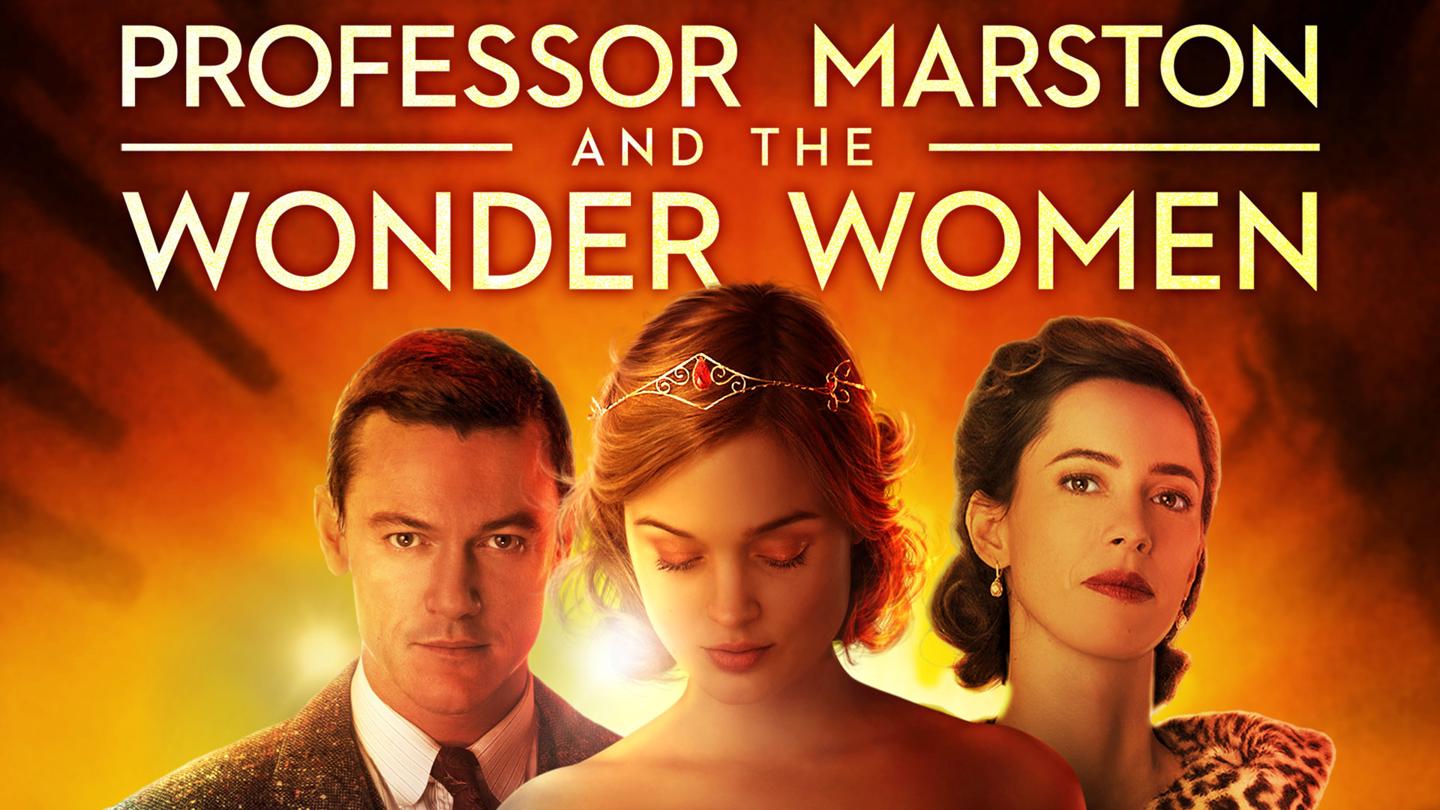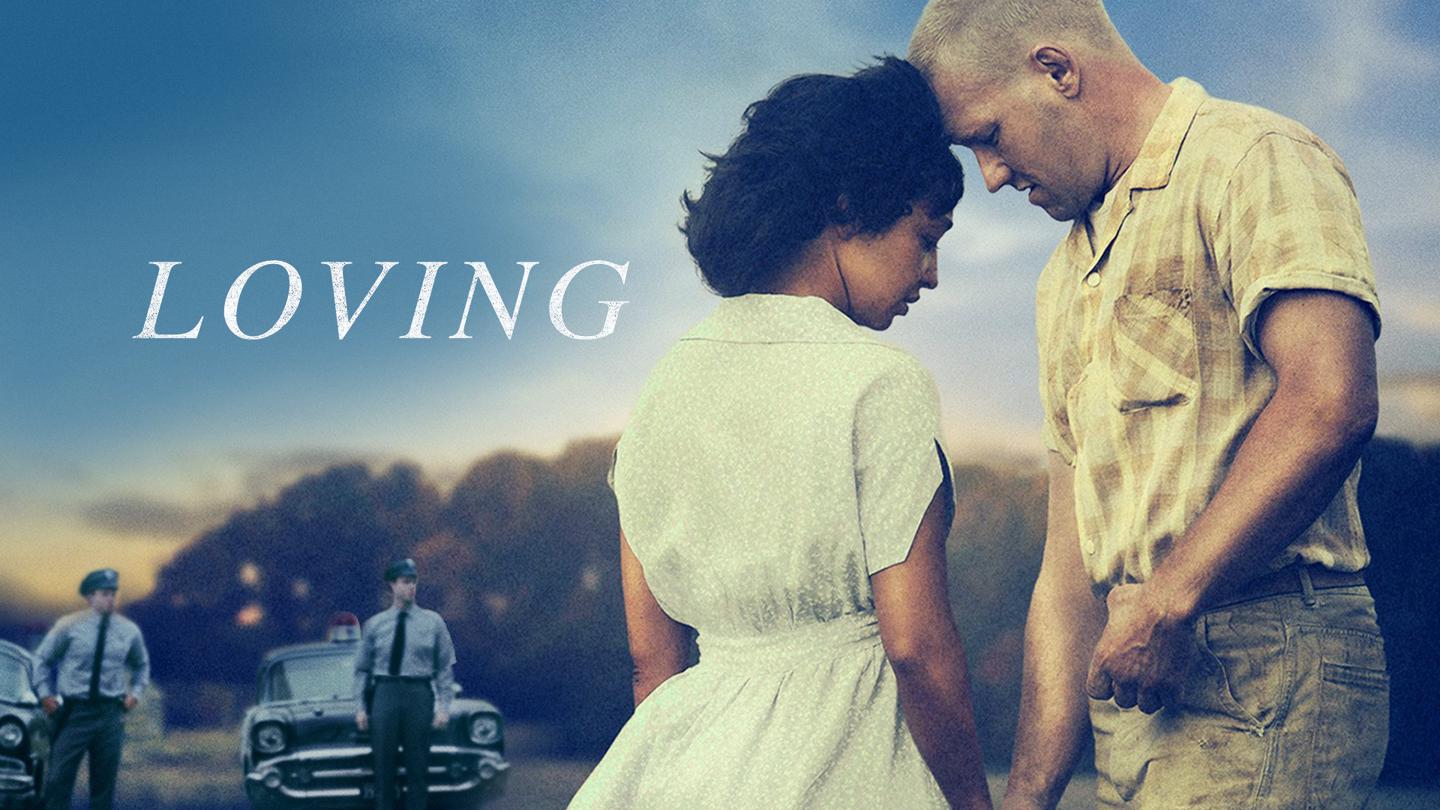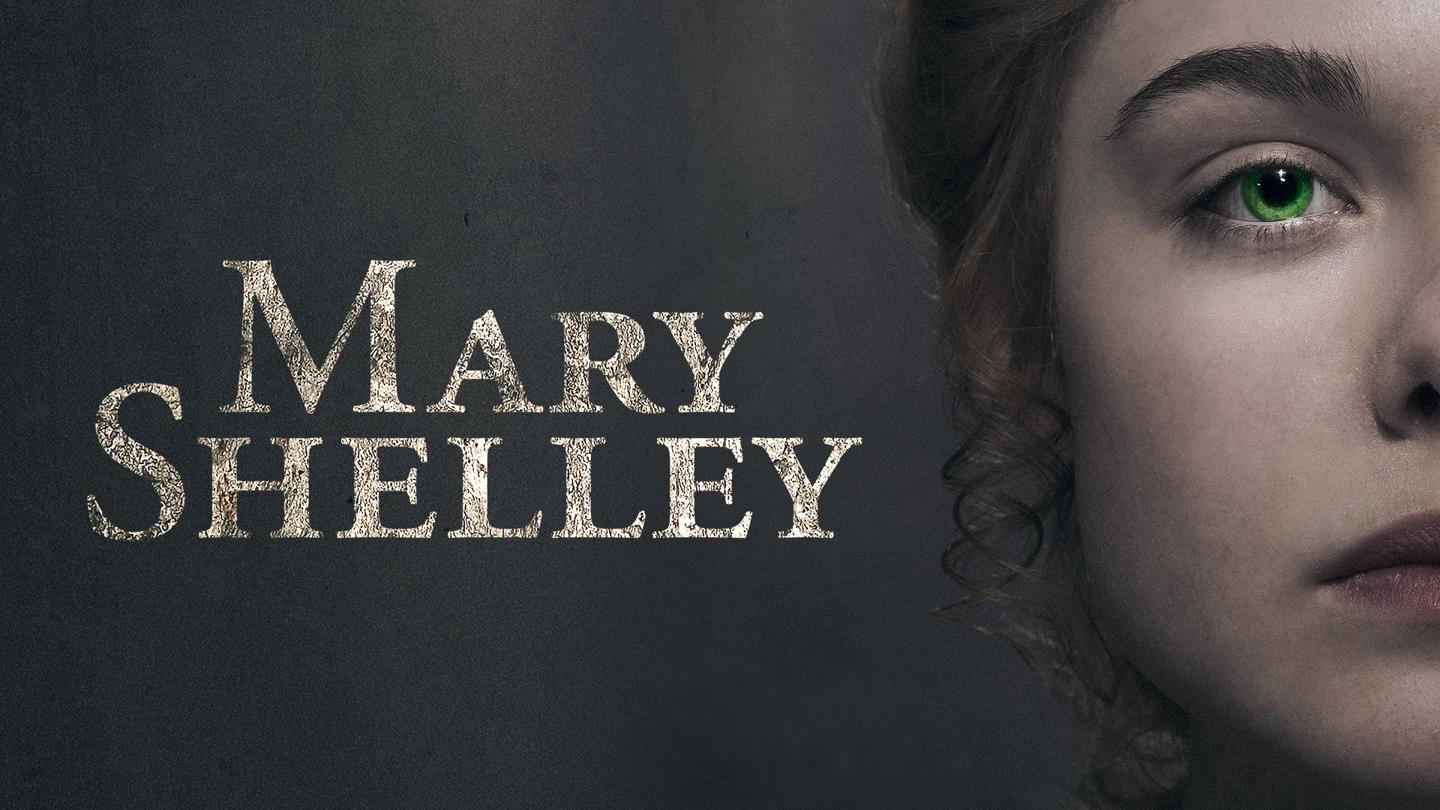
Quick Info
When I first watched The Founder, I wasn’t even hungry but still somehow left craving a burger and a side of existential dread. The film tells the story of Ray Kroc, the guy who basically turned McDonald’s from a quaint family-run California burger joint into the multi-billion dollar beast it is today. But don’t expect a feel-good, corporate fairy tale; this movie is more about ambition, sharp elbows, and the gray areas between genius and straight-up cutthroat behavior.
Michael Keaton absolutely owns the role of Ray Kroc. He brings this wiry determination that’s both captivating and kind of squirm-inducing. Keaton’s Kroc is charming at first, always hustling, always pitching, but as the movie unfolds, you start to see the cracks and the ruthlessness underneath. The scenes with the McDonald brothers (played quietly and beautifully by Nick Offerman and John Carroll Lynch) are probably the best stuff in the film. Offerman, especially, nails a resigned frustration that made me feel genuinely bad for the original owners, even as Keaton’s Kroc steamrolls over them with a smile.
One thing The Founder nails is its sense of time and place. Everything feels just a touch sun-bleached and meticulously arranged—like the golden era of post-war Americana, but with a creeping sense that something is off. The cinematography is deliberately clean and symmetrical, mirroring the efficiency and cheerfulness McDonald’s wanted to sell. It works on a sly level because, despite the shiny visuals, there’s a queasy undercurrent that matches the story’s soul.
Narratively, the movie moves at a brisk pace. From one business pitch to the next, Kroc’s life rockets forward, but I sometimes wished the script would pause for a breath. There are glimpses of his home life and troubled marriage, but these feel almost perfunctory, like director John Lee Hancock wants you to know Kroc had a personal side, but not waste any screen time exploring it. The emotional weight is all in the boardroom, not the living room.
The biggest missed opportunity? The movie kind of glosses over why Kroc himself is such a relentless striver. We see him listening to sales tapes and repeating mantras but never get deep inside his head. It’s almost like the film is as focused on “the system” as Kroc is, and that keeps things thematically tight but also a little emotionally distant. I wanted that extra scene where Kroc either breaks down or reveals his inner emptiness. Instead, we keep moving, just like the assembly line that made McDonald’s famous.
Despite that, there are some knockout moments, especially whenever Keaton shares the screen with Offerman and Carroll Lynch. The contrast between their old-school values and Kroc’s modern, profit-first approach says more about postwar America than a dozen voiceovers ever could. The legal wrangling and betrayal in the final act left me genuinely unsettled, which doesn’t happen often with biopics.
It’s not a perfect movie and, to be honest, it occasionally feels almost too slick for its own good. Every shot is tidy and purposeful, but after a while that can feel like a commercial rather than a story. Still, the performances and the script’s willingness to paint its subject with shades of gray make The Founder stand out from your standard “great man” biopic. It never asks you to like Ray Kroc, just to witness him.
In the end, The Founder is a slick, cynical slice of Americana that asks who really deserves the credit when ambition turns into empire-building. It won’t change your life, and you might not love anyone in it, but it’s a sharp, entertaining look at the ugly side of the American dream—served with fries.
The R8 Take
Keaton is magnetic and the movie is ruthlessly efficient, just like its subject. If you like The Social Network or enjoyed the messiness of Moneyball, this one is right up your alley. You'll feel a bit gross—but also impressed—afterward.
---



